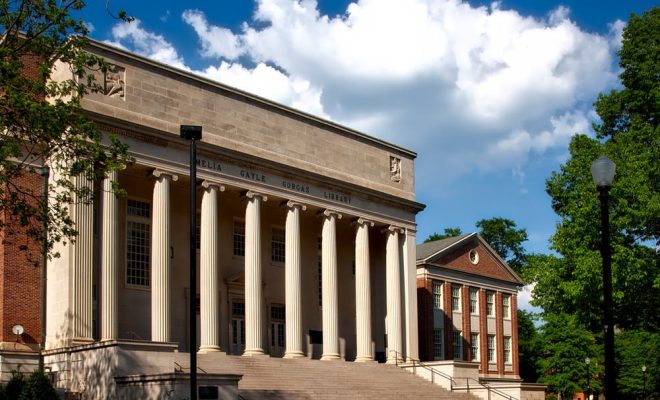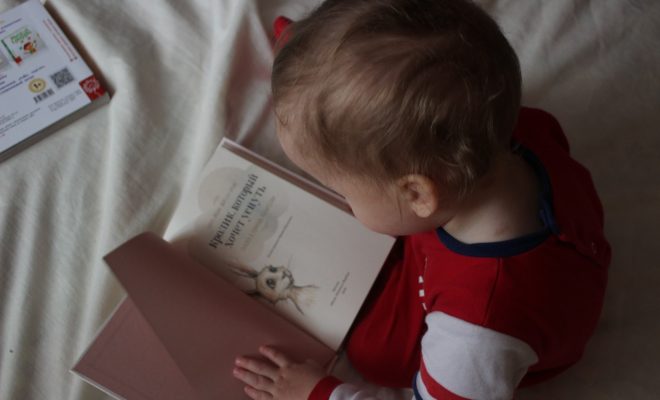James Baldwin and the Roots of Black-Palestinian Solidarity

James Baldwin, the towering figure of American literature and social commentary, wasn’t just a voice for civil rights. He was a prophet of intersectionality, weaving together the struggles of Black Americans with the plight of other marginalized communities across the globe. Among these, he saw a profound and undeniable connection with the Palestinian people.
Baldwin’s understanding of Black-Palestinian solidarity stemmed from his own lived experiences. As a Black man living in America, he knew firsthand the sting of oppression, the weight of systemic racism, and the enduring legacy of colonialism. He recognized these same struggles in the Palestinian narrative, a people forcibly displaced and denied their right to self-determination.
In his writings, he eloquently articulated this connection. In his essay “The Fire Next Time,” he wrote about the shared history of Black Americans and Palestinians, both victimized by the “evil” of “white supremacy.” He pointed out the insidiousness of the colonizer’s rhetoric, which often justified dispossession and violence through narratives of superiority and fear.
Baldwin also saw the parallels in the fight for liberation. He recognized that both communities faced an uphill battle against powerful forces, both internal and external, that sought to maintain the status quo. He believed that solidarity and shared struggle were essential for achieving true freedom and justice.
This understanding wasn’t just theoretical; it was deeply rooted in his personal relationships. Baldwin spent time with Palestinian intellectuals and activists, forging friendships that reinforced his commitment to the Palestinian cause. He even wrote a powerful preface to the 1971 book “The Question of Palestine,” by Edward Said, where he explicitly called for solidarity with the Palestinian people.
Baldwin’s vision of Black-Palestinian solidarity remains relevant today. In a world where anti-Blackness and anti-Palestinian sentiment continue to thrive, his words remind us of the importance of recognizing the shared struggles of marginalized communities. He argued that true liberation could only be achieved through collective action, where communities stand together against all forms of oppression.
As we navigate an increasingly complex world, Baldwin’s legacy serves as a powerful reminder that solidarity is not a mere act of charity but a necessity for social justice. His unwavering belief in the interconnectedness of struggles offers a roadmap for building a future where all people are free and equal. By understanding the deep historical roots of Black-Palestinian solidarity, we can honor Baldwin’s vision and continue the fight for justice for both communities.






